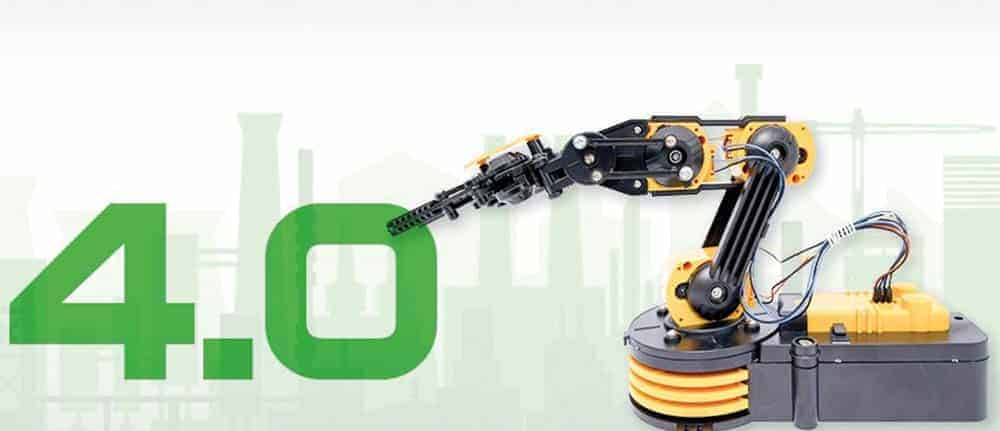Job killer or challenge?


For the first time, a referendum was held in our neighboring country of Switzerland, which was supposed to bring an unconditional basic income for all inhabitants in order to secure existence for all.
As one of the reasons for this demand, the economists cited that in the future, the Industry 4.0 initiative will cost a large number of jobs in manufacturing companies, thereby creating more purchasing power.
I don't really want to get into this difficult political discussion; these are issues that need to be discussed and decided at other levels. Rather, I would like to point out the opportunities that Industry 4.0 offers us to continue to maintain competitiveness for companies in the future and, above all, to remain competitive internationally.
I have already addressed this topic repeatedly in previous articles and, based on the current situation, I would like to point out once again that, from my point of view, digital transformation in the business sector will bring more opportunities for companies and will therefore also continue to offer challenges in terms of new job requirements for employees.
However, the fundamental processes, structures and culture as well as the corporate strategy will have to change and adapt significantly.
This means that some changes already have to be made in the training and study programs. There is also still a lot to be done and implemented in the area of infrastructure and political concessions.
Today, I encounter many innovative manufacturing companies in rural regions that have managed to become top market leaders on an international level. However, infrastructural disadvantages and a lack of skilled workers pose the greatest challenges to management in these areas.
As an attractive and future employer, in addition to the industry and products, the prospects for employees must also be ensured.
These new work processes and workflows, time models and flexibility of the workplace as well as the location can only be built and implemented by providing the perfect infrastructure. This must be made available to everyone at all times and in all places.
Production is planned and executed differently, the robot has been an indispensable part of the production process for many years, and we can no longer rationalize it away.
But we can develop it and we can produce it and thus create new and more jobs again. Effectiveness and increased efficiency thus provide for others, but for new jobs.
No return
The digital transformation revolution can no longer be stopped - but it is created to be won. With Industry 4.0 and the digital revolution, we have now evolved into a leading industrial future, which we will continue to develop and not have to fear.
The new business models will create differentiation and a competitive edge in the market, which will bring position, status, sales and therefore company revenues to the forefront.
We should take advantage of this opportunity. Thus, we do not need to worry about a successful future.






